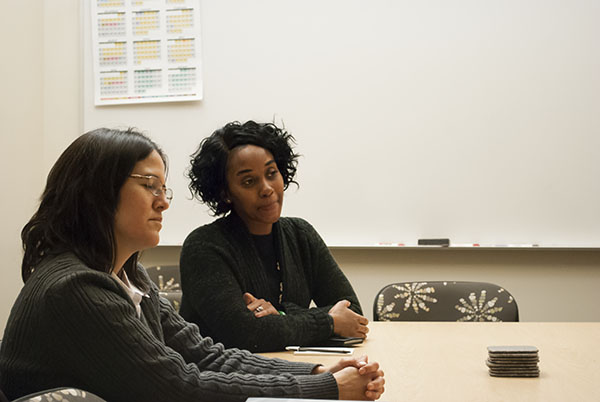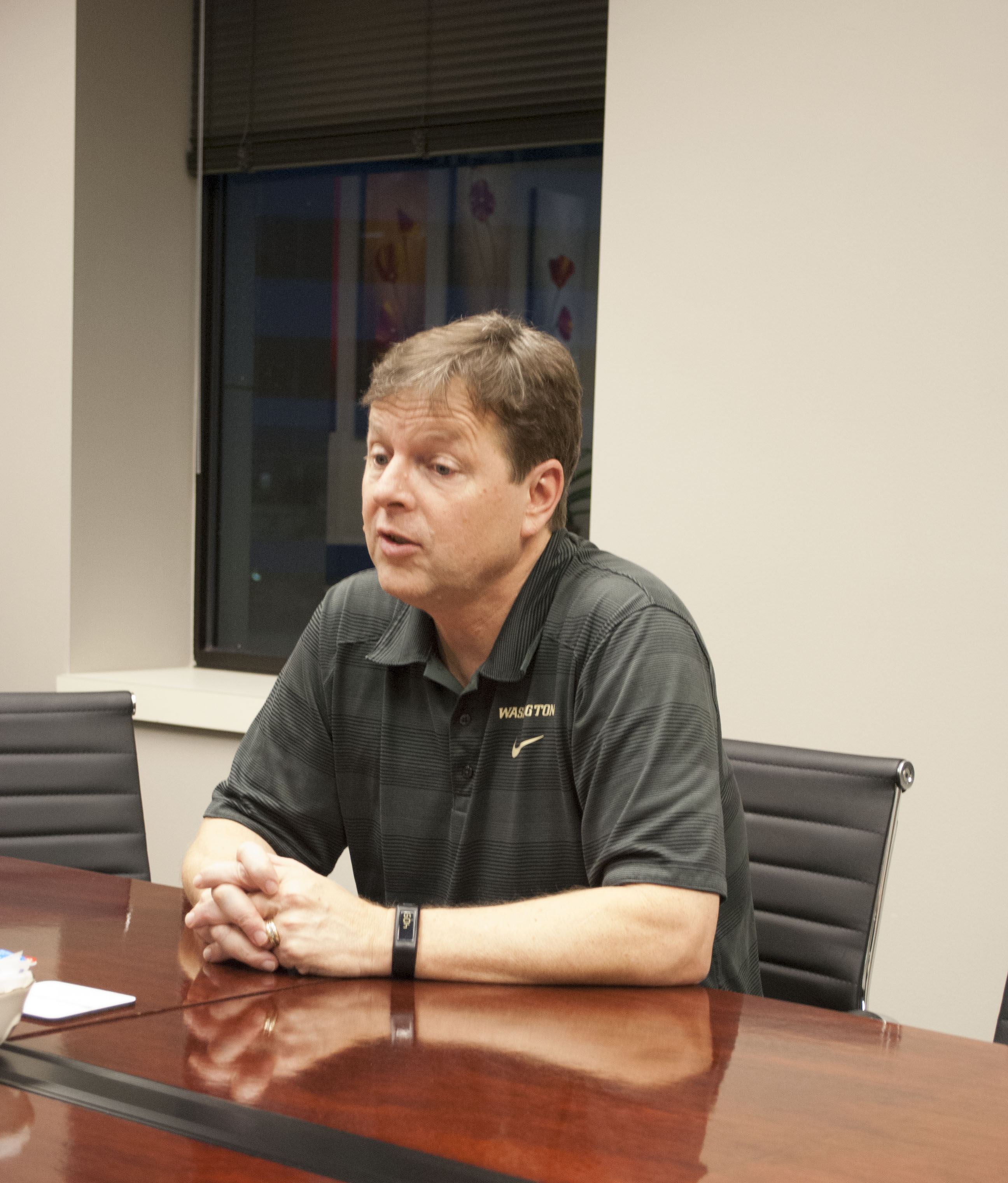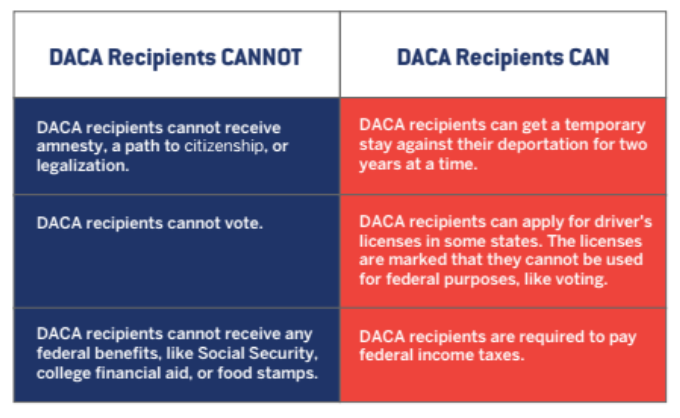
“You’re a resident,” said State Supreme Court Justice Steven González, about DREAMers during a speech to WACTCSA student leaders in Olympia. “You deserve an education just like any other Washingtonian.”
DREAMers, or undocumented residents raised in America, who are pursuing secondary education in Washington State have access to services and support that may help them, should their legal status become a barrier to their dreams.
Spokane City Councilman Breean Beggs is a part time civil rights lawyer who spent five years on the Washington State Supreme Court’s Access to Justice Board. The board according to Beggs, helped undocumented people because most federal and state legal aid is not available to them.
“To send them off to some other country, put aside compassion and human rights but purely economically, it’s a bad idea,” said Beggs. “because DREAMers are Americans.”
One of the things that the city council has done in the last year is pass a civil rights ordinance which condensed existing civil rights protections, and strengthened them in chapter 18 of the Spokane Municipal Code.
“(One addition to chapter 18 is) that police should not check for immigration papers,” said Beggs. “So that if you are a victim of a crime, you can call the police without fear by doing so that you’d get deported.”

On a smaller scale, there is a lot of support for DREAMers on campus according to the acting vice president of student services, Chrissy Davis Jones, and the interim dean of student support services, Cynthia Vigil. The school offers assistance to undocumented students and DACA recipients, including access to scholarships and WASFA financial aid, from the State of Washington.
“One of my DACA students, both of her parents were working two jobs to pay for her (tuition),” said Vigil. “The need is great.”
DACA, or Deferred Action for Childhood Arrivals, is not citizenship but an executive order by former President Obama. It delays undocumented people, who grew up in America, for two years from being deported through prosecutorial discretion. They had a chance to renew their eligibility for the program until President Trump rescinded the DACA program last September.
DACA granted them a work permit with which they can, among other things, apply for a driver’s license in most States, a social security card, join the military and go to college.
The nickname DREAMer comes from stalled legislation in Congress that is named the DREAM Act, or the Development, Relief, and Education for Alien Minors Act, which would grant
conditional residency and would later qualify undocumented residents for citizenship. Similar legislation has also been introduced that is called the BRIDGE Act, which moves DACA policies into law.
According to their mission statement, SFCC has an open access policy that welcomes all students, regardless of legal status.
“Nobody should be asking (for legal status) besides Admissions,” said Vice President Davis Jones. “You come and we will serve. We have no restrictions on access or credits, you are eligible like every other student.”

For more information about WASFA please visit
http://www.readysetgrad.org/wasfa
or call the Financial Aid Office at (509) 533-3550
To learn more about DACA please visit
https://www.uscis.gov/archive/consideration-deferred-action-childhood-arrivals-daca